Recently, Psychologist Dr. Doreen Marshall wrote a brief and helpful article on taking care of your mental health in the face of uncertainty. You can find her article here. Marshall provides an easy-to-follow, 5-step guide for easing the anxieties we are all feeling as we watch the governmental responses to COVID-19 across the world and experience our own cancelled events, business and school closures, and isolation through social distancing from gatherings with friends and, in some instances, even family. From recognizing what is within our control to creating a sense of safety in our own homes, Marshall’s article provides a fantastic foundation for how parents might take this information and apply it to our own children. Inspired by Marshall’s “Taking Care of Your Mental Health in the Face of Uncertainty,” here are five steps that we can take to help our children navigate the stress of a global pandemic.
Acknowledge and accept your child’s feelings Your child may be experiencing a mixture of emotions and that is okay. They are hearing a lot of different messages about COVID-19 from you, the media, teachers, and peers. Their lives are drastically changing as schools close and social functions that they are used to attending are cancelled. Fear, anger, and sadness might be common feelings as they attempt to process what is going on and what it might mean for them, their peers, and their family. It is important to validate your child’s feelings because denying them will only increase the stress they are experiencing. Share with your child that it is okay to feel what they are feeling, whatever that may be, and show them that they are not alone in trying to process their emotions.
Communicate directly and honestly Your child may have distorted ideas about what COVID-19 is and what will happen if they or anyone in your family is exposed. When children overhear messages from adult conversations and the news, they don’t often get the full picture and are left to their own devices to imagine the effects of this new virus. Talk to your child about their fears and find out what they believe and think about the situation. If you are able to get them to open up about their understanding, you can address any distorted beliefs directly and honestly, sharing age-appropriate facts about why closures are taking place and what things like “quarantine” really means to them in the United States. Communicate directly and honestly and keep your children in the loop about the facts.
Find out what helps your child feel a sense of safety As Marshall notes in her article, it is helpful to focus on the things we can do in the face of uncertainty. It helps to create a sense of safety. Marshall notes that we can wash our hands, take our vitamins, limit our consumption of news, and take walks in our neighborhoods. But every child is unique. As we transition to home from school closures, consider what might help your individual child. What are the routines that your child and your family will need to provide some stability in this transition? What individual hobbies do your children do to soothe themselves? What kinds of activities does your family do to create a sense of togetherness? Identify the activities you do already to keep your family strong and lean into those. There are also several resources being created and posted online for learning activities that children can do at home
Help your child stay grounded and connected. If you notice your child is worrying about future events outside of our control, empathize with that concern and then help them stay grounded in the here and now. As Marshall shares, help your child notice the room by asking them to name something they hear, something they see, and something they can touch. Staying grounded can also come through staying connected with the people who matter. Help your child connect with important family members and peers during this time by leveraging technology. Consider setting up phone calls and virtual play dates to help your kids avoid the negative effects that can come from disconnection and isolation.
Practice self-compassion and reach out if you need more support. As we enter into new territory, it is important to give yourself a little slack. We are going to make mistakes. We are going to have times when we don’t know what to do. We may make a wrong call or wish we handled something differently. Apologize, forgive yourself, and move on. Remember that it is difficult to provide care to your family and loved ones if your mental health and well-being is not taken care of first. What are the activities that keep you well and grounded? Lean into those. Practice self-compassion and intentionally stay connected with your support network through regular check-ins.
Experiencing a global pandemic is challenging for even the most steadfast among us. If you find yourself feeling overwhelmed, consider reaching out to a trained professional to support you or your child. Many individual, couples, and family therapists are now offering telehealth options for those who would rather not meet face-to-face at this time. Affordable care for you or your child is just one click away.
Written by Robyn Rohde, CPC Student Therapist

